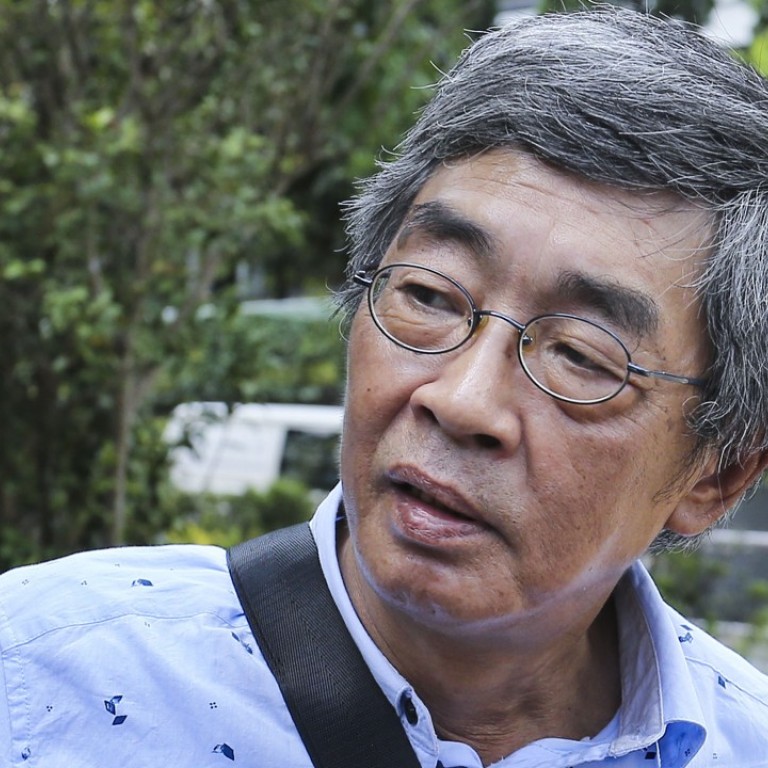
Deal welcome over cross-border arrests
New notification service agreed between Hong Kong and the mainland is a clear improvement on the old one and hopefully will prevent a repeat of the booksellers’ affair
Speedy notification is important as it provides a measure of transparency and allows officials as well as friends and family of the suspect to quickly understand the position. Such a system has existed since 2001 and thousands of notifications have been made. But its weaknesses were exposed during the booksellers’ affair. It took three weeks for mainland authorities to tell their Hong Kong counterparts that bookseller Lee Po had been detained. The old system applied only to a limited number of mainland agencies and imposed no time limit by which notifications had to be made.
Watch: Hong Kong’s missing booksellers — a timeline of events
The new rules expand the scheme to all mainland agencies authorised to impose criminal measures on Hong Kong residents, including prosecutors, public security authorities and agencies responsible for state security, customs and smuggling. This is a necessary step. Time limits have also been imposed for different levels of crime. Notification for the imposition of “criminal compulsory measures”, such as arrest, detention or prosecution, must take place within seven days. That is much better than the unwritten 14-day rule that had previously applied. A period of two weeks, however, applies to “serious and complicated criminal cases”. And a 30-day time limit has been set for cases involving terrorist activities or those deemed to involve threats to national security.
It is difficult to understand why such a long period is necessary in this final category. While cases may be serious, authorities should still be encouraged to tell the other side as soon as possible. The system would also benefit from a clearer definition of what constitutes a crime that endangers national security. As it stands, the term is very broad and could potentially cover a wide range of offences.
The new system is a clear improvement on the old one. Hopefully, it will be strictly followed by the agencies concerned. The system should be seen as a first step towards putting in place a long-awaited rendition agreement to provide for the formal transfer of suspects across the border. Meanwhile, the Basic Law’s prohibition of mainland agencies operating in Hong Kong must be respected.

